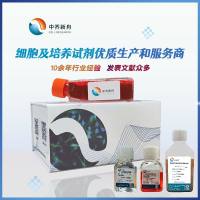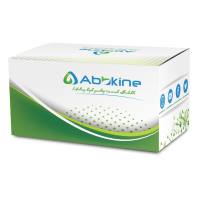Hepatitis B Virus (HBV) is a causative agent of both acute and chronic hepatitis, a major etiologic factor of primary hepatocellular carcinoma, and a serious global health problem, with over 240 million estimated chronically infected individuals. Although there are several promising antiviral agents currently in clinical trials, alpha interferon remains the only licensed drug for the treatment of chronic HBV infection. Several cell lines and cell culture assays have been developed to identify potential therapeutics against chronic HBV infection. One of these cell lines, 2.2.15 (1 ), has been developed into a standardized assay, by the authors’ laboratory, that has been repeatedly shown to be an accurate model of chronic cellular HBV replication and a predictive model of antiviral response for chronic hepadnaviral infection in vivo (2 –5 ). This assay system, described here, is currently that used by the National Institutes of Health-National Institute of Allergy and Infectious Diseases (NIH-NIAID) (contract NO1-AI-45195) as an in vitro screen for antiviral agents against HBV replication.






